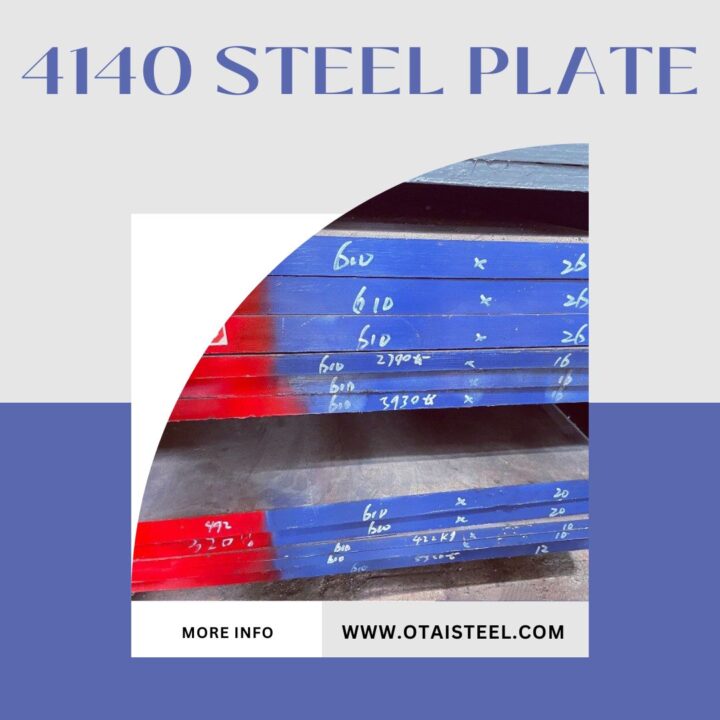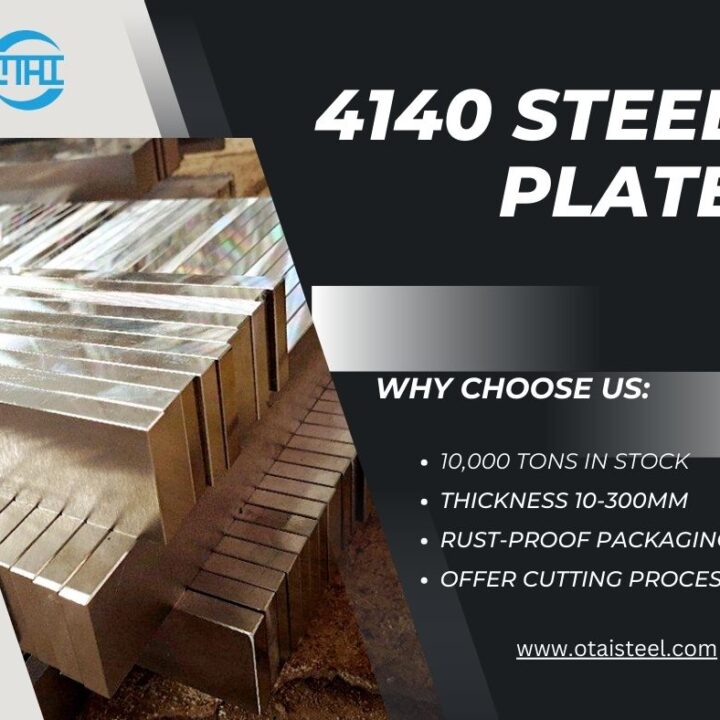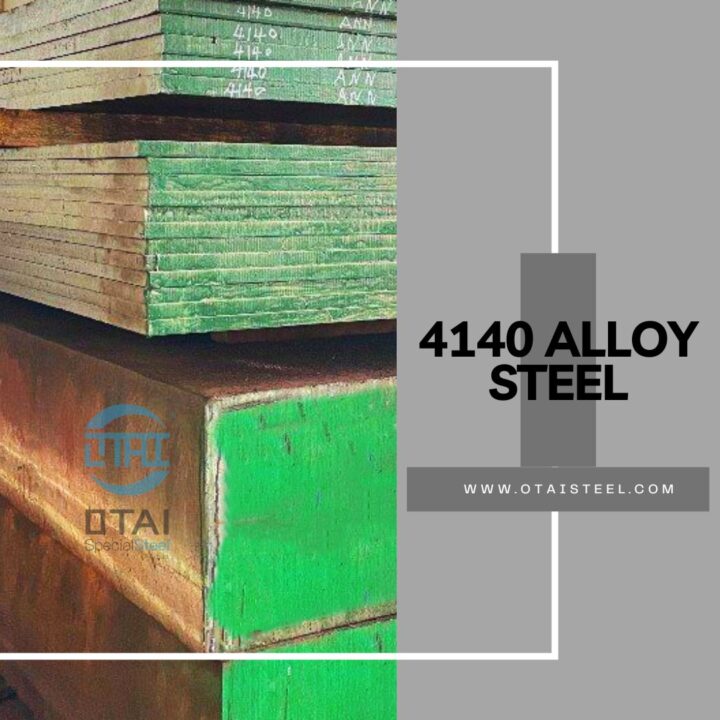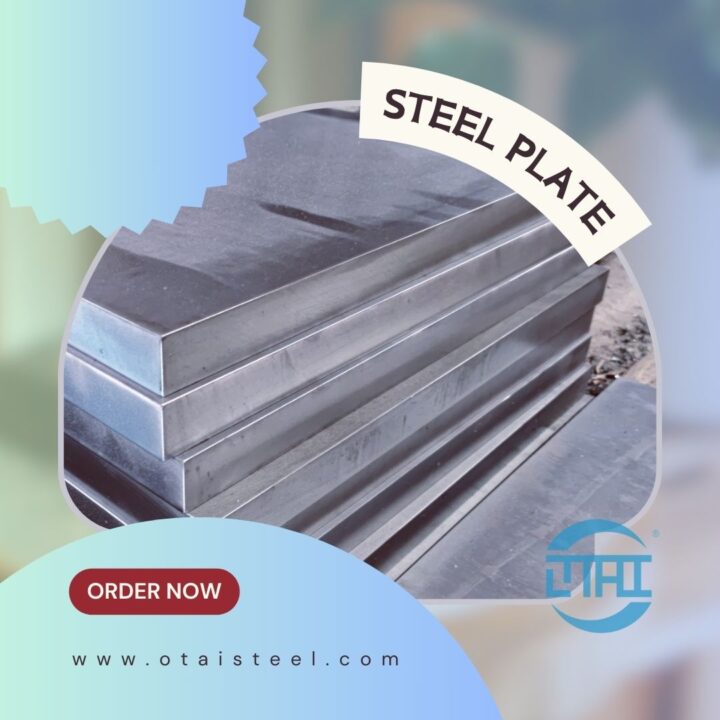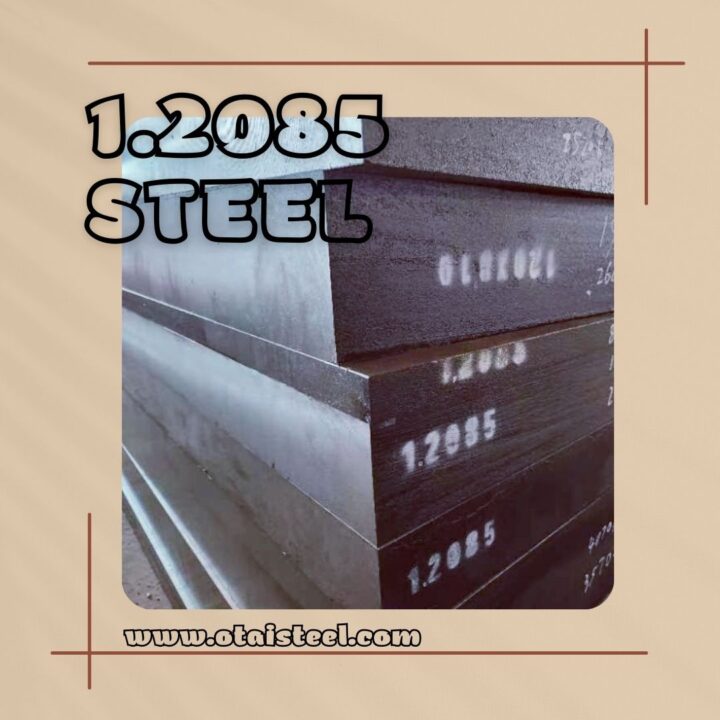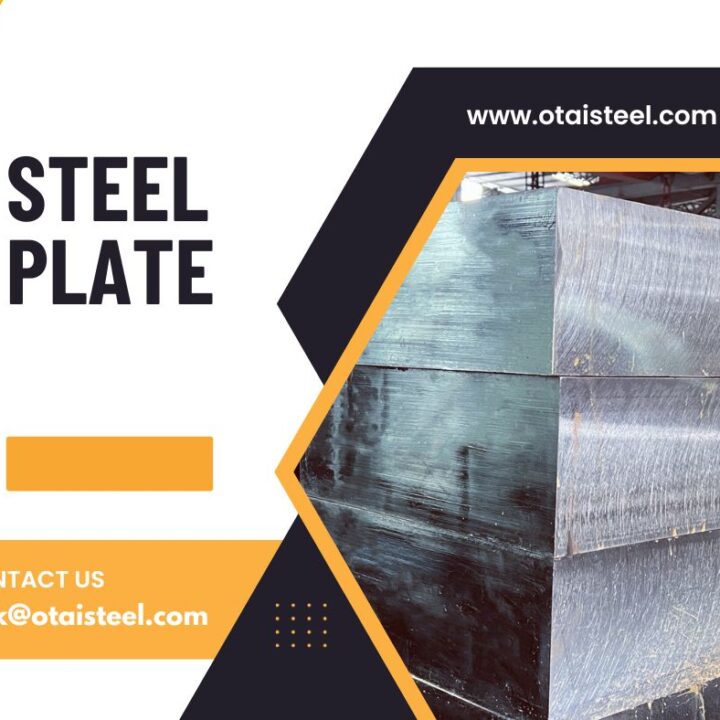4140 steel is a versatile low-alloy steel known for its high strength, toughness, and wear resistance. It contains chromium, molybdenum, and carbon, which contribute to its outstanding mechanical properties. (4140 steel in specialized tools)
Properties and Composition of 4140 Steel
- Alloying Elements
The key alloying elements in 4140 steel are chromium, molybdenum, and carbon. These elements work together to enhance the steel’s mechanical properties and performance.
- Mechanical Properties
4140 steel exhibits excellent tensile strength, good ductility, and impact resistance.
The Oil and Gas Exploration Industry
- Demands and Challenges
The oil and gas exploration industry operates in extreme conditions, such as high-pressure and high-temperature environments, making specialized tools and equipment vital for success.
4140 steel in specialized tools in the Oil and Gas Exploration Industry
- Drill Bits and Cutting Tools
4140 steel is commonly used to manufacture drill bits and cutting tools due to its high hardness and wear resistance, enabling efficient drilling in various formations.
- Drill Collars and Stabilizers
The exceptional strength and toughness of 4140 steel make it suitable for drill collars and stabilizers that provide stability during drilling operations.
- MWD and LWD Tools
4140 steel components are used in Measurement While Drilling (MWD) and Logging While Drilling (LWD) tools, where durability and precision are crucial.
Advantages of Using 4140 Steel
- High Strength and Toughness
In the oil and gas exploration industry, where tools and equipment are subjected to intense stress, 4140 steel provides the necessary strength and toughness.
- Wear and Corrosion Resistance
4140 steel‘s wear and corrosion resistance properties contribute to the extended service life of tools and equipment in harsh drilling conditions.
- Cost-Effectiveness
The balance between cost and performance makes 4140 steel an economically viable choice for fabrication in the oil and gas exploration industry.
Fabrication Techniques and Processes
- Forging and Heat Treatment
Forging and heat treatment processes are employed to achieve the desired strength and microstructure in 4140 steel components.
- Machining and Precision Engineering
Precision machining techniques are used to create intricate shapes and dimensions required for specialized tools and equipment.
- Welding and Joining Methods
Welding and joining methods must be carefully chosen to maintain the integrity and mechanical properties of 4140 steel.
Quality Control and Testing
- Non-Destructive Testing (NDT)
NDT methods, such as ultrasonic testing and magnetic particle inspection, are used to detect surface and subsurface defects in 4140 steel components.
- Hardness and Surface Integrity Testing
Hardness and surface integrity testing are conducted to ensure the durability and wear resistance of the fabricated tools and equipment.
Ensuring Safety and Reliability
- Compliance with Industry Standards
Adhering to industry standards and specifications is essential to ensure the safety and reliability of the fabricated tools and equipment.
- Regular Maintenance and Inspection
Regular maintenance and inspection of tools and equipment are crucial to identify potential issues and prevent downtime during drilling operations.
Environmental Considerations
Environmental factors, such as the impact on drilling sites and sustainable practices, should be considered during the fabrication and use of 4140 steel tools and equipment.
Real-World Applications and Case Studies
Real-world applications and case studies demonstrate the successful use of 4140 steel in the oil and gas exploration industry, showcasing its benefits and performance.
By ensuring compliance with industry standards and implementing regular maintenance, the oil and gas sector can continue to benefit from the reliability and performance of 4140 steel.
